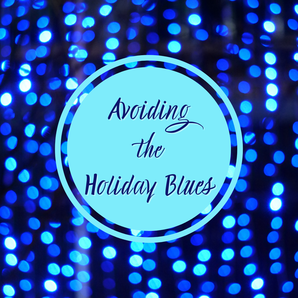 In our area of the Pacific Northwest, many of us suffer from Seasonal Affective Disorder (SAD). Often when the seasons change to fall and winter and the days get shorter and darker, we might feel sad and not ourselves. We may have trouble sleeping, overeating, and have low motivation. Not only is SAD common in people with depressive disorders, but also those with anxiety, panic, or eating disorders, and those with ADHD. SAD affects mostly women, and generally the onset is between ages 20-30 years of age. This means it may not affect our children as much as us caregivers. We need to take care of ourselves so that we can take care of our loved ones. While it is not fully known what causes SAD, research shows that low levels of the brain chemical serotonin plays a large role, as well as high levels of melatonin. Both of these help maintain daily body rhythms, along with sufficient levels of vitamin D. Traditional treatments include light therapy, vitamin D, talking to a therapist, and possibly some medications. Additionally, with the holidays approaching, even more of us may suffer the Holiday Blues. This time of year can bring more anxiety, depression, stress, loneliness, unrealistic expectations, and even memories of the past that can lead to sadness. It might be helpful to remember that the Holiday Blues are short term, however, the effects can still feel all-consuming and should be taken seriously. Here are a few ideas for Avoiding the Holiday Blues and SAD: Get plenty of sleep Keep routines Exercise, even a little Sit by a sunny window Keep things simple Eat a well-balanced diet Set reasonable expectations and boundaries Do things that make you happy Take time for yourself to recharge Don’t overschedule If these coping strategies do not help, consider talking to your doctor or your mental health professional. Check out these links for more information:
Tips for Managing the Holiday Blues | NAMI: National Alliance on Mental Illness Seasonal Affective Disorder (nih.gov) Seasonal Affective Disorder (SAD) | Mental Health America (mhanational.org) This article was brought to you by Northshore Council's Mental Health Committee. Visit our Mental Health Awareness Resources page to learn more about this committee and the other resources they have provided. Comments are closed.
|
�
Archives
June 2024
Categories
All
|
Northshore Council PTSA is a welcoming organization that works to support our Local PTAs and serve the children and youth of our community through advocacy, collaboration, education, engagement, leadership, and mentorship.

 RSS Feed
RSS Feed

